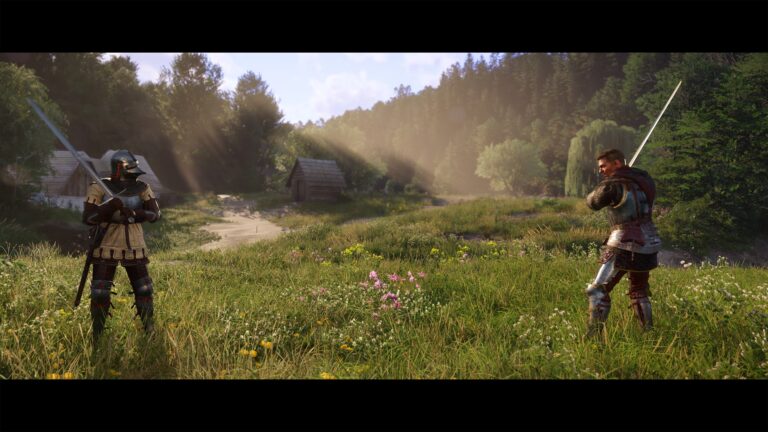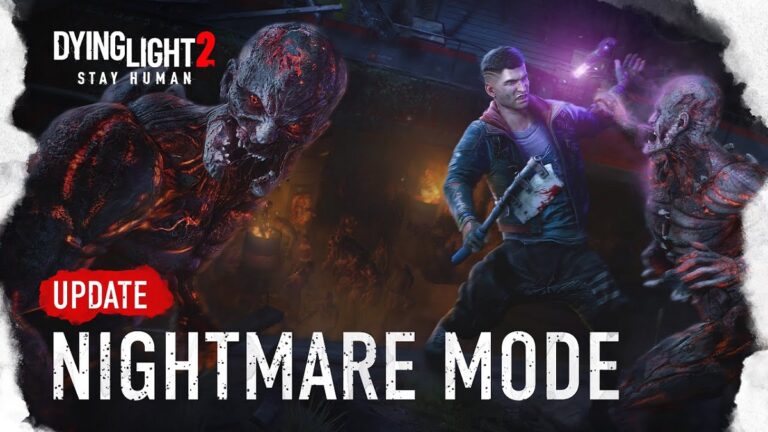A recent Twitter thread from former Ubisoft programmer Charles Randall divulged spicy news regarding the final stretch of Assassin’s Creed’s development. According to Randall, the first game’s side content was created in five days in response to the CEO’s child complaining about how boring the game was. The end result: a series of uninspired and bugged open-world activities adding little to the experience.
Types of Criticism
Criticism plays a large role in contemporary society. It’s entertainment, but it’s also an informative guide. Some online users say video game reviews don’t matter for many reasons ranging from them leaving out vital information to disparities between critical and consumer consensus.
The disdain stems from an inability to use reviews for their intended purpose. No single review accurately portrays how every person feels. Even going through the most thorough and objective process, humans’ individualism incites different reactions to identical content. There are two main schools of thought concerning reviews: the semi-objective and the subjective viewpoints.
Because 100% objectivity is impossible, different critics reviewing the same game through a semi-objective lens will come away with different conclusions. Semi-objective reviews examine a game’s purpose and how effectively its parts support that vision. Does this fighting game have strong mechanics? Does this walking simulator have good writing? Does the first-person shooter with two cutscenes have satisfying gunplay and interesting encounters? Semi-objective reviews weigh their elements differently depending on the reviewer in question. Due to their partially subjective nature, different people can also have dissenting opinions over a game’s core focus.
Subjective reviews eschew the analytical perspective in favor of a feelings-based approach. These critics’ biases inform the entire review. Devil May Cry 5, for example, is an action game with deep combat, intelligently designed encounters, and effective use of dynamic music and style ratings to encourage inventiveness. A subjective reviewer that idolizes storytelling isn’t going to praise DMC 5 because it isn’t a strong narrative. Subjective reviews borrow from the semi-objective in their approach of breaking a game down to its disparate elements. However, the game’s intended vision isn’t respected as much as the individual’s personal preferences.
Everyone has preferences, but good semi-objective reviewers suppress those biases when reviewing games. They’ll never be left out of the equation, but they are minimized. Consumers shouldn’t look at one review from a single publication to determine its validity. Customers should draw from multiple sources to make informed purchases. This also applies to corporations making games.
Applying Criticism
Because people think differently, it’s impossible to please everyone. In the age of live services and engaging with communities, companies need to be more judicious with to whom they listen. Like any tool, developers must understand how to apply criticism.
A line between artistic vision and consumer satisfaction needs to be established. Focus tests and blog comments are useful for reaffirmation. If a team was on the fence about adding or removing a mechanic or section, comments regarding those apprehensions serve as excellent nudges. However, before applying criticism to a title or its sequel, studios need confidence in their experience. If users attack a mechanic or design principle the team felt was integral to the product, it’s not wise to take them to heart without understanding the root of the problem.
Criticism Ruining Mafia 3
This misunderstanding has led to botched sequels and live services. Hangar 13’s Mafia 3 addressed Mafia 2’s most prevalent criticism in the wrong way—its open world. There was little for players to engage with outside story missions. Mafia 3 added more content to its map, but it did so without purpose.
Most critics agreed Mafia 2 told a good story. Mafia 3 also tells a strong story, but it’s lambasted because the content undermines its narrative core. Whereas Mafia 2 kept the momentum strong with vital story mission after mission, Mafia 3 breaks apart its narrative beats with repetitive side-mission-like activities. In gating progression behind remedial open-world fluff, many Mafia 2 fans despised Mafia 3.
Hangar 13 didn’t work on Mafia 2, therefore it didn’t have the hindsight of its troubled development. This insight may have come a long way in shaping a more worthy follow-up. Mafia 2’s seven-year cycle led to tons of cut content, including dates with its protagonist’s love interest. Activities such as this were meant to flesh out Vito Scaletta’s character along with its setting. Mafia 3 didn’t understand players wanted to play around in Mafia 2’s world because it was detailed with impressive NPC behaviors.
Begin a fist fight with a civilian and upon arrival, officers tell Vito and his opponent to settle their issues somewhere else. So long as players comply, they get away with that warning. NPC’s get fined and arrested by cops for infractions. Kill a gas station owner and return later to find its entrance barred by police tape. NPC’s put things in their trunks before driving off.
With such attention to detail, players wanted more meaningful interactions to further cement the world and its characters beyond their behaviors. Mafia 3 failed to capitalize on this.
Criticism Impacting Live Services
Knee-jerk reactions are also what killed Battlefield 5. Released a year and a half ago, its upcoming June 2020 update will be its last. While servers aren’t being shut down, DICE is pulling the plug on future content rollouts. Live service success is determined by community engagement and developer support. Disappointing releases such as No Man’s Sky and Sea of Thieves got a second lease on life because of robust post-launch support. Battlefield 5 got off to a rough start with lower than expected sales. It could have bounced back in a similar vein to Battlefront 2, but EA and DICE’s management of the situation showcased a lack of confidence.
They failed to keep their community happy with constant time to kill tweaks. The moment DICE adjusted player health and/or weapon damage to appease one subset of its community, another complained, prompting another tweak and yet another tweak. Had DICE put its foot down, rebalancing other aspects or focusing more effort on content, which was sorely lacking, it might have had the legs to carry it until the next entry.
In a television interview, David Bowie spoke out on the topic of creating art. He said:
“Never play to the gallery…Never work for other people in what you do. Always remember that the reason that you initially started working was that there was something inside yourself that you felt if you could manifest it in some way, you would understand more about yourself and how you co-exist with the rest of society. I think it’s terribly dangerous for an artist to fulfill other people’s expectations. I think they generally produce their worst work when they do that”
Battlefield 5 isn’t an introspective piece on the psychology of soldiers and the trauma associated with war. It’s a dumb shooter, however, this doesn’t discredit Bowie’s assessment. Artistic vision isn’t always a deep commodity. It’s the game’s intended concept. Art doesn’t need to be intellectual. Art can be fun and exciting. Battlefield 5’s entire post-reveal course correction exposed its developers as going through an identity crisis. It was revealed as an alternate World War II shooter with outlandish customization afforded by its more fantastical take on the historical setting. The final release stripped this because users thought the characters looked dumb.
DICE had already compromised their vision for the sake of appeasing players that weren’t their target audience. Rather than releasing the product they revealed two years ago, Battlefield 5 stripped its identity to play to the gallery.
Learning Lessons With Battlefield 5 and Mafia 3
EA confirmed the next Battlefield slated for 2022 will adopt a live service model. These living experiences aren’t going extinct any time soon. Definitive Editions of Mafia 2 and 3 were also released recently, with a remake of the original entry arriving August 28. 2K Games may be gearing up for Mafia 4. If companies such as DICE, 2K Czech, or Hangar 13 are to learn from past mistakes, their biggest takeaway must be to stop playing to the gallery.
This can only be fulfilled by remaining true to a vision and carefully examining the root of a person’s complaint before acting. Games are made for audiences because money needs to be made to keep developers afloat, but those audiences are also unreliable. Listen to criticism, but never take it at face value. Sometimes solutions require thinking outside the box.
No related posts.





